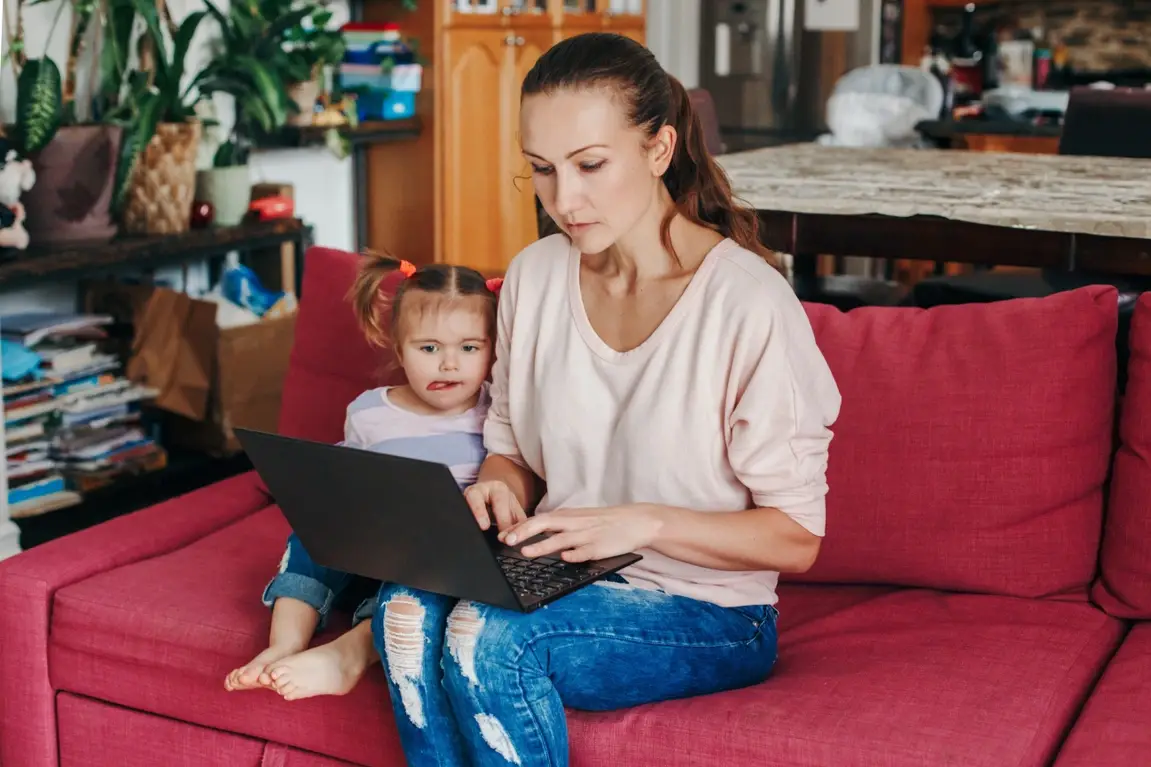5 Things Working From Home Has Us Reconsidering About the Workplace

The impact of the COVID-19 pandemic on the ways in which we work can’t be overstated. In particular, working from home has had an effect on our expectations for work-life balance, our health, and our relationships with others. These changed perspectives could alter what we expect from our employers, co-workers, and ourselves as we prepare for a return to the office, working from home in a more permanent capacity, or some sort of hybrid setup. Here’s a look at just a few of the things that have shifted.
1. Flexible schedules
Although juggling work with childcare or other responsibilities was a challenge for many, it also got us thinking about how much time we devote to our jobs (and our commute) versus time spent with family or on personal interests. Is a 9-5 schedule necessarily the best choice for everyone? Organizations will need to offer more flexible work schedules—something working parents have been advocating for years. And if you efficiently worked from home over the past year but don’t want to miss out on in-person interaction, you may find that a hybrid schedule offers the best of both worlds.
2. The importance of taking breaks
Working from home has taught us just how important it is to establish clear boundaries. If we’re reachable at all times at home, when do we take the time to unplug and stop checking our emails?
Scheduling breaks throughout the day is key to maintaining our health and wellbeing, and can help prevent burnout. This is a lesson that we should carry with us into the future—take a break, take a walk, and don’t spend those breaks answering messages. Set limits for yourself, like committing to turning off notifications on your phone when you’re on a break or done with work for the day. Managers can rethink which meetings are really necessary, and look at what time is left in the day between projects and meetings.
3. The foods we eat
During the pandemic there were a few major food trends happening. Yes, we snacked more because of easy access to our refrigerators. But at the same time, Americans began cooking and baking from scratch to a much greater degree.
For a lot of people, preparing meals—sometimes for the first time—has been a hobby as much as a necessity. While some people may return to their old eating habits post-pandemic, hybrid office schedules could ensure that some degree of healthy, homemade food preparation will remain. Employers would also do well to stock their break rooms with healthier snack options and drinks.
4. Ergonomic office furniture and tech
Being thrown right into the deep end in terms of working from home, we initially had to operate in conditions and environments that may have been less than ideal. But as the year went on, a lot of people were sharing their home office setups on social media (just search #wfhsetup on Instagram) and recommending the best office gear and technology. From laptop stands to standing desks, people have found what works best for them rather than just using what’s provided by their employer. Organizations should take note of this and provide in-office options that support the diverse needs of their staff.
5. The need for empathy
If there’s one thing the COVID-19 pandemic has revealed, it’s what our co-workers’ daily lives really look like. Previously, employees in the office might not have known too many details about where their colleagues lived, if they had elderly parents at home, or how their new baby was sleeping. With Zoom calls revealing more of our domestic lives and folks more openly discussing personal challenges, we now know a little more about what’s going on with our teammates and colleagues.
Supervisors have found that leading with empathy and trust fosters a more successful remote team. And employees at all levels have benefited from getting and lending support to their team members in difficult situations. Fostering empathy and seeing people as more than just their work selves is something we should continue to do even when back in the office.
A lot of positive changes came out of the shift to working from home. It would be in the interest of organizations and employees to hold onto these new ways of thinking, working, and living, and ensure that we incorporate the best changes into our post-pandemic lives.
***
How would you like to see workplaces change post-pandemic? Let us know on Facebook!
Lakshmi Hutchinson is a freelance writer with experience in the nonprofit, education, and HR fields. She is particularly interested in issues of educational and workplace equity, and in empowering women to reach their professional goals. She lives in Glendale, California with her husband, twin girls, and tuxedo cat.


